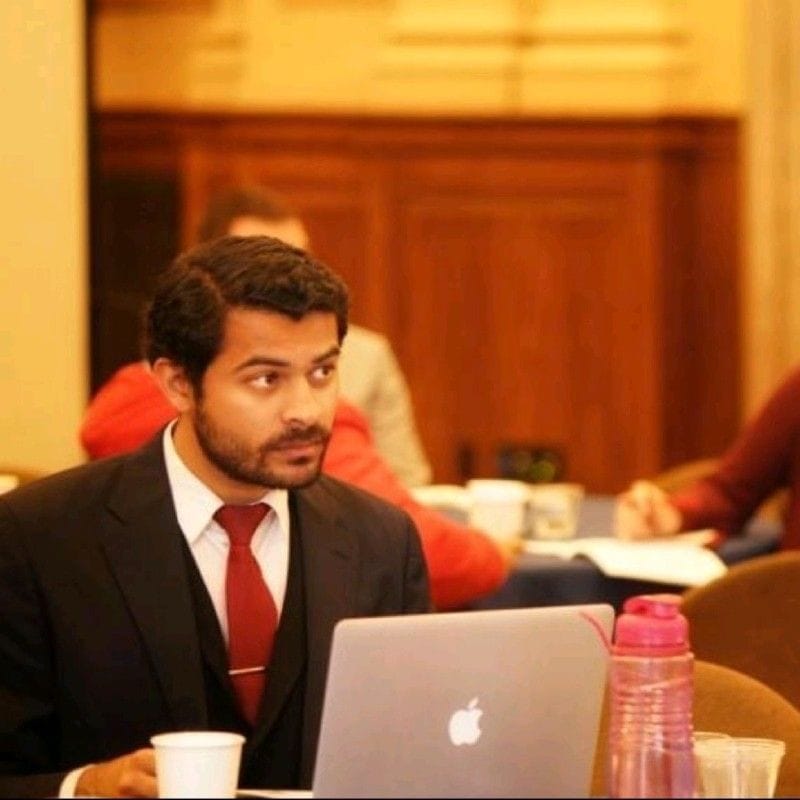May 5, 2023
Internet Freedom Foundation (IFF) calls on the authorities in Manipur to review its decision to suspend internet in the state and to comply with Supreme Court of India’s guidelines on internet shutdowns.
On May 3, the Commissioner (Home) of the Manipur state government, issued an order under Rule 2 of Temporary Suspension of Telecom Services (Public Emergency or Public Safety) Rules, 2017 suspending mobile data services across the state for next five days. This was followed by an order dated May 4, 2023, extending the suspension to broadband services as well for a further period of five days. The orders were issued in response to ongoing violence in the state.
These orders were issued shortly after similar orders on April 27, 2023, which suspended internet services in two districts of Manipur for five days. As a result of the successive operation of all of these orders, residents of Manipur will be left without access to the internet for over ten nearly continuous days.
While these orders have claimed that “some anti-social elements” are using social media as “a handy tool” to “incite [the] general public”, and issued these orders for “stopping the spread of disinformation and false rumours” and to prevent “mobilization of mobs,” there is no evidence to suggest that internet shutdowns help in preventing misinformation or instances of violence. As argued by scholars and highlighted by IFF in the past, internet shutdowns are ineffective in quelling unrest and misinformation. Misinformation can still spread offline, but the main tool for fact-checking and receiving up-to-date information is often the Internet itself.
Internet shutdowns also have an immense negative impact on economic and professional activities including journalism, e-commerce and healthcare. In Anuradha Bhasin v. Union of India, the Supreme Court of India held that the freedom of speech over the internet and the freedom to carry out one’s trade or profession via the medium of the internet is a fundamental right, and must be accorded the protection of the Constitution.
IFF recognises the state government’s responsibility to maintain peace in the region, however, we’re deeply perturbed by the decision to completely shut down internet services for the reasons stated above. To safeguard the fundamental rights of citizens and promote transparency, IFF calls on the authorities to reconsider these internet suspension orders in compliance with the applicable laws.
Important Document
This blogpost has been edited to reflect that it cannot be definitively stated that misinformation spreads equally offline as it does online. A previous version of this statement said that "misinformation spreads equally easily offline".


